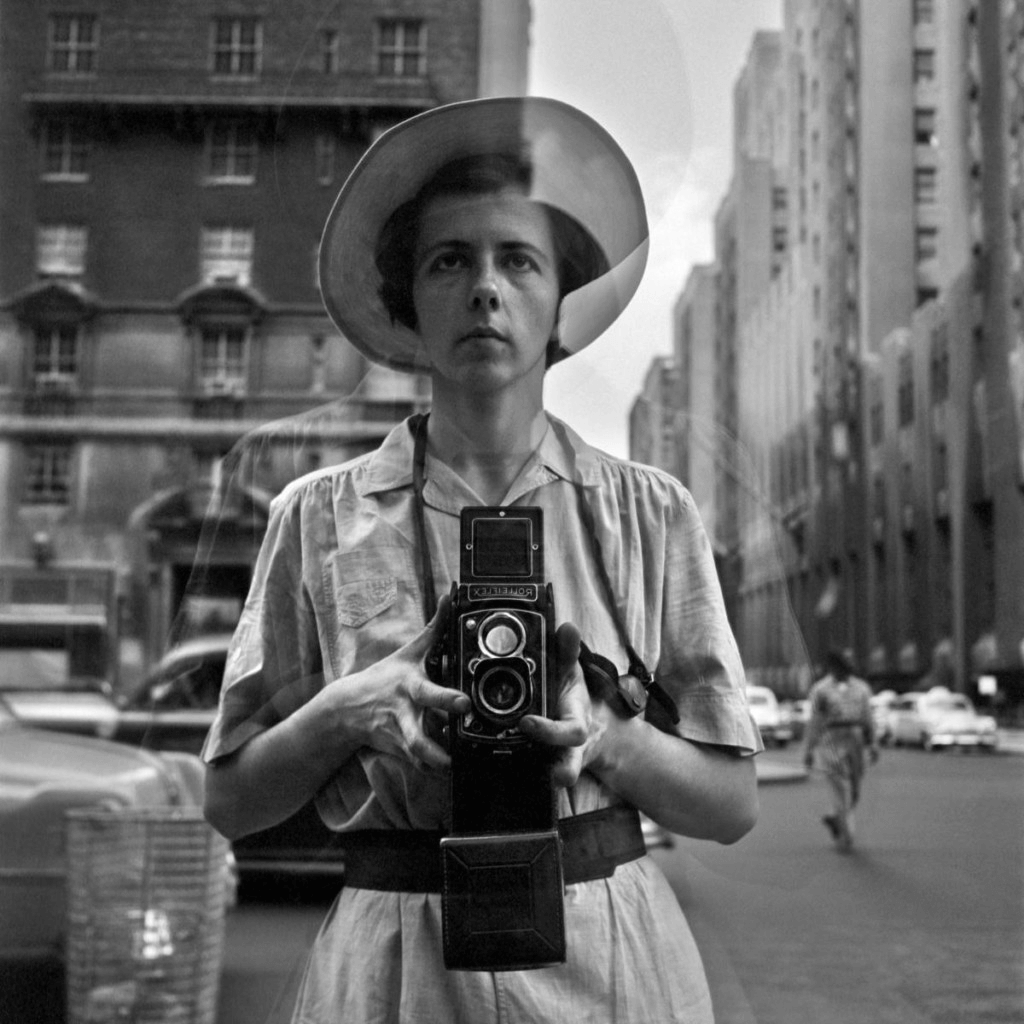The Buzz on Framing Streets
The Buzz on Framing Streets
Blog Article
The Ultimate Guide To Framing Streets
Table of ContentsFraming Streets Fundamentals ExplainedIndicators on Framing Streets You Need To KnowAll about Framing StreetsMore About Framing StreetsThe 7-Second Trick For Framing StreetsThe 7-Minute Rule for Framing StreetsFraming Streets - QuestionsThe 9-Second Trick For Framing Streets
Janis and Mac, Neil, 56, priced quote in James Guimond, American Photography and the American Desire, Chapel Hillside: College of North Carolina Press 1991, 242. Szarkowski, John; Museum of Modern Art (New York City, N.Y.); New York City Graphic Culture (1978 ), Mirrors and home windows: American photography because 1960, Museum of Modern Art, pp.
Recovered 17 January 2015. O'Hagan, Sean (15 October 2014). "Garry Winogrand: The troubled wizard who provided road digital photography attitude". Obtained 17 January 2015. 'Brassai speaking about digital photography: An interview with Tony Ray-Jones', Creative Cam, April 1970, p. 120. Risch, Conor; Walker, David; Hughes, Holly Stuart (July 2018). "What is Road Digital photography?".
What Does Framing Streets Mean?

"The communicative duties of street and social landscape photography". 12 "Interrupting the Road. "The Communicative Functions of Road and Social Landscape Digital Photography".
Inspired Eye. Fetched 20 May 2014. (PDF).
Fetched 2019-08-13. "Street Shootings: Covert Photography and Public Privacy". LII/ Legal Info Institute.
6 Easy Facts About Framing Streets Shown
, 2017., 2001.
The Street Photographer's Handbook. "Exclusive Lives, Public Places: Road Photography Ethics". Journal of Mass Media Ethics.
These are the questions I will attempt to address: And afterwards I'll leave you with my own interpretation of road photography. Yes, we do. Allow's kick off with defining what an interpretation is: According to . photography presets it is: "The act of specifying, or of making something precise, unique, or clear"
Things about Framing Streets
The actual publicness of the setup makes it possible for the digital photographer to take honest photos of strangers, typically without their understanding. You may argue that a meaning is restricting, and you do not desire to be limited! That's great, you can absolutely be a road photographer that is likewise a docudrama digital photographer, or a fine art photographer who makes use of a street photography approach, etc.
See where I'm selecting this? It appears a little challenging to be genre-less in a genre-full practice. A large component of the problem appears to arise from the fact that words "street" remains in the title; being a wildlife photographer it's noticeable your photos will certainly be of wild animals, being a sports digital photographer its very clear what you are photographing, yet when you are a road why not check here professional photographer it's not quite to apparent ...
No, certainly not. The term is both restricting and misguiding. Seems like a road digital photography need to be images of a streets appropriate?! And all road photographers, besides a small number of absolute newbies, will totally appreciate that a road is not the essential element to street photography, and really if it's a picture of a road with possibly a few boring people doing absolutely nothing of rate of interest, that's not road photography that's a picture of a road.
He makes a legitimate factor do not you think? Nevertheless, while I agree with him I'm uncertain "honest public digital photography" will capture on (although I do type of like the term "candid photography") because "road digital photography" has been around for a long time, with numerous masters' names affixed to it, so I believe the term is below to remain.
These are the inquiries I shall attempt to answer: And after that I'll leave you with my own definition of street digital photography. Yes, we do. Let's begin with defining what a meaning is: According to it is: "The act of specifying, or of making something guaranteed, distinct, or clear".
Framing Streets Can Be Fun For Anyone
The very publicness of the setup makes it possible for the digital photographer to take candid pictures of strangers, typically without their expertise. You might say that a meaning is restricting, and you do not want to be restricted! That's cool, you can completely be a street professional photographer that is also a documentary professional photographer, or a great art digital photographer who uses a street photography approach, etc.
A big component of the problem seems to arise from the truth that the word "street" is in the title; being a wild animals professional photographer it's apparent your pictures will be of wild animals, being a sporting activities professional photographer its very clear what you are photographing, yet when you are a street digital photographer it's not fairly to clear cut ...
The 6-Second Trick For Framing Streets
No, definitely not. Seems like a road photography should be pictures of a streets ideal?! And all street photographers, except for a little number of absolute novices, will totally appreciate that a street is not the essential part to street photography, and actually if it's a photo of a road with maybe a few dull people doing absolutely nothing of passion, that's not road photography that's a snapshot of a street.
He makes a legitimate factor do not you think? While I concur with him I'm not certain "honest public photography" will certainly capture on (although I do kind of like the term "honest digital photography") because "road digital photography" has actually been around for a long time, with many masters' names attached to it, so I think the term is here to stay.
Report this page